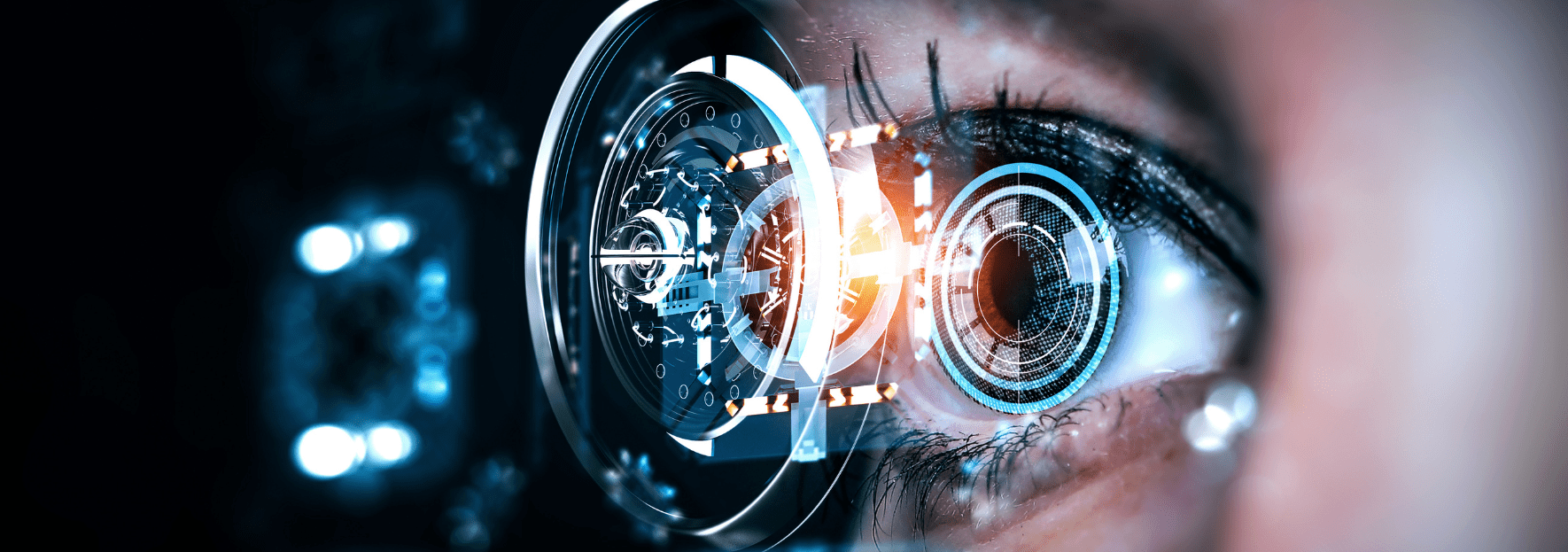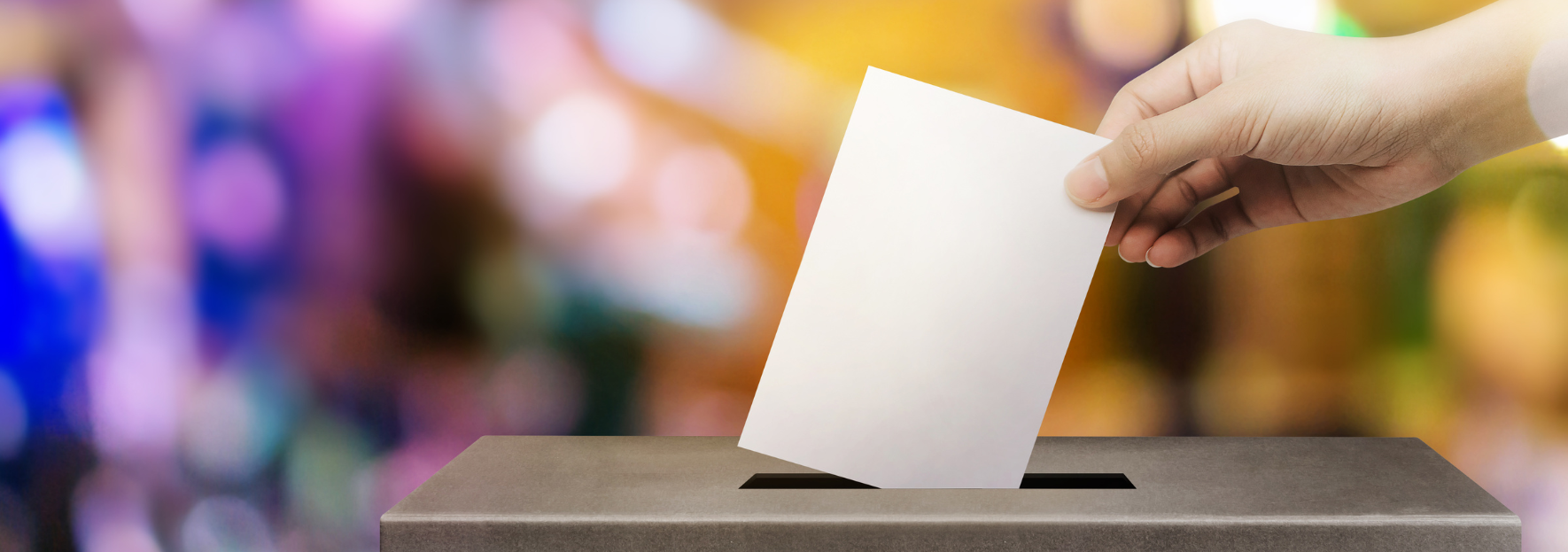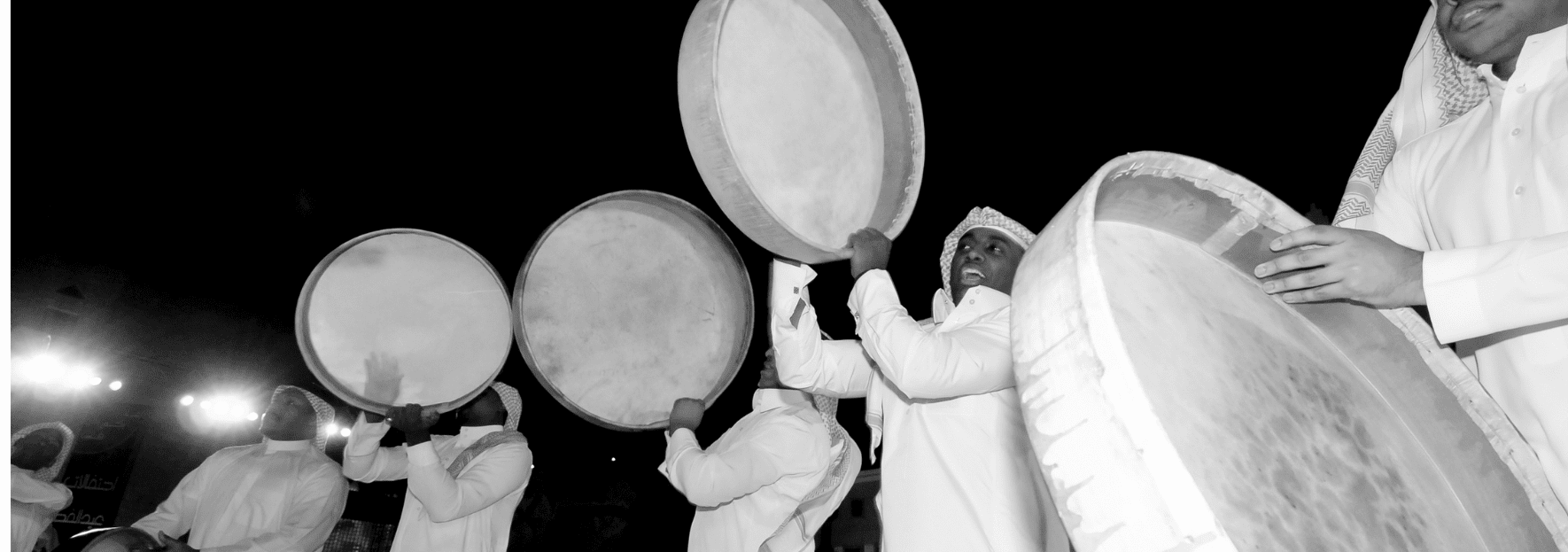KnE Open Top Picks for May 2025
On June 9, 2025
As societies strive to become more inclusive, sustainable, and resilient, researchers are exploring the human, cultural, and technological dimensions of progress. This month’s featured articles examine diverse efforts, from the latest advances in regenerative medicine to safeguarding the cultural heritage of stateless communities. Together, these studies shed light on how innovation, equity, and care can shape more just and effective systems for all.

Can Your Teeth Heal Themselves?
Dental care is no longer just about fillings and cleanings; it’s entering a new era where science meets regeneration. As researchers push the boundaries of what’s possible, the focus is shifting towards helping the body heal itself. One of the most exciting areas in this field is regenerative dentistry, which uses a mix of stem cells, bioactive materials, and advanced scaffolds to encourage natural tissue growth. This approach offers promising alternatives to traditional treatments, especially for complex issues like bone loss or root damage. Instead of relying solely on mechanical fixes, the aim is now to restore the function and structure of dental tissue at a cellular level. With cutting-edge tools like 3D bioprinting and computer-aided design, dentists are beginning to personalise and enhance treatments in ways we couldn’t imagine just a few years ago.
A recent study from Advances in Applied Nano-Bio Technologies takes a closer look at how bioactive materials are shaping the future of dental regeneration.

Can AI Help Diagnose Eye Conditions?
Artificial intelligence is increasingly becoming a part of everyday life, from helping us write emails to powering self-driving cars. But what happens when AI is used in medical examinations? While it’s not a replacement for medical expertise, AI tools are being explored as supplementary aids to enhance healthcare delivery, supporting doctors in making faster and more accurate diagnoses. For example, in complex specialities like ophthalmology, large language models like ChatGPT-3.5 can analyse vast amounts of clinical data in seconds, which could help clinicians form differential diagnoses more efficiently.
This study from the Journal of Ophthalmic and Vision Research evaluates ChatGPT-3.5’s ability to generate accurate differential diagnoses in ophthalmology, focusing on cornea, retina, and neuro-ophthalmology cases.

Is Prediabetes a Hidden Health Risk for Adults?
Prediabetes often goes unnoticed, but it’s one of the most critical early warning signs when it comes to long-term health. With blood sugar levels sitting just below the threshold for diabetes, this condition can quietly increase the risk of heart disease, stroke, and full-blown type 2 diabetes if left unaddressed. However, with early detection and lifestyle changes, the progression to diabetes can often be delayed or even prevented. Across the globe, millions of adults are living with prediabetes, many without knowing it. Additionally, in fast-developing regions, rising urbanisation, changing diets, and sedentary lifestyles are making the condition increasingly common. Recognising who is most at risk and how widespread the issue is can help shape better prevention strategies.
A recent study from the Dubai Diabetes and Endocrinology Journal examines the prevalence of prediabetes among adults in Dubai, highlighting the urgent need for early intervention and public awareness.

How Can Elections Be Truly Inclusive?
A healthy democracy depends on the active participation of all its citizens, including those with disabilities. But in many places around the world, people with disabilities still face barriers that keep them from voting. These obstacles might be physical, like inaccessible polling stations, or social, such as stigma and a lack of outreach. In Indonesia, despite legal commitments to inclusive elections, actual voter turnout among people with disabilities remains low.
This study from KnE Social Science focuses on Blora Regency, Indonesia, where only a third of registered voters with disabilities cast their ballots in the 2020 regional election, and explores the strategies employed by the local General Election Commission to increase participation and build a more inclusive electoral process.

Preserving Culture Without a Country
Cultural heritage isn’t just found in grand monuments or ancient artifacts, it also lives in music, language, stories, and everyday traditions passed down through generations. This is what’s known as intangible cultural heritage, and for stateless communities, preserving these cultural threads can be both vital and vulnerable. Stateless groups often face legal and social barriers that limits their ability to practice, protect, and pass on their cultural expressions. These challenges are compounded by the fact that their rights and identities are frequently unrecognised by the state.
This study from the Gulf Education and Social Policy Review explores how well the laws in Gulf countries protect the intangible cultural heritage of stateless communities.